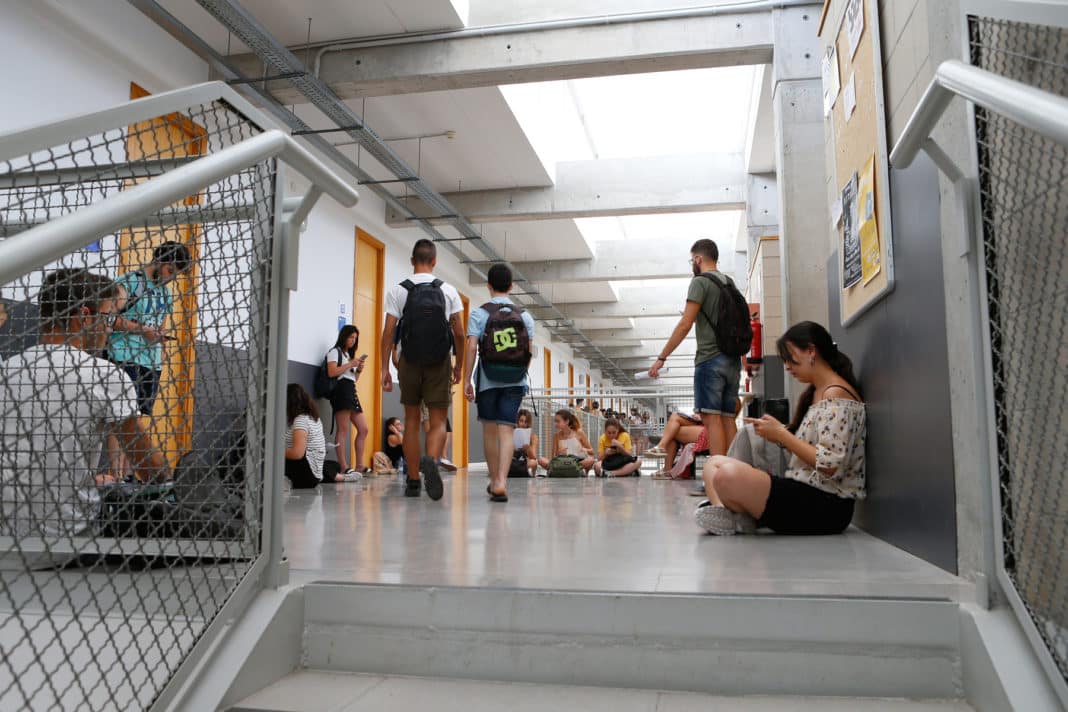About 250,000 young people living in the province admit that they know nothing of the English language, the second worst statistics at the national level, only surpassed by Galicia, despite the many Anglicism that are commonly used in Spain. Only one in every ten speaks it well.
This is revealed by the latest data from a Survey of Essential prepared by the National Institute of Statistics (INE).
73.2 % of those under 20 years of age in the Community admit to not understanding any English, and as age increases, the data worsens with 81.5% of people between 40 and 59 years old claiming to know nothing of the Anglo-Saxon language.
The “millennials” aged from 20 to 39 are the ones with the highest level of knowledge, although they do not show a particularly good command either, as 68% do not understand the language. In addition, among this age range, 70% acknowledge that they do not read or speak any English and only 20% claim to being a good reader.
The survey also reveals that 3.4% of the young people of the Community speak Arabic, a few thousand more than those who speak French, which is 3.3%. Approximately 1.5% of the population speaks Romanian, and 1.1% German.
Many of the schools and colleges in Alicante say that the low understanding of English among young people is due to the lack of teacher training.
Teacher and graduate in Translation and Interpreting, María Domene, maintains that the root of the problem lies in the way that English is taught in Spain. “It is not taught at a practical level. We limit ourselves to studying the grammar and learning vocabulary, but we don’t really have to use it”.
Domene recommends that young people watch films or tv series in their original version, since this practice assists the understanding and use of the language.
Pilar Ruiz, from the university of Alicante, says that for her the problem lies in the methodological approach that is given to English classes in educational centres. “It’s not the best for students to retain information, the classes were boring and there was a lot of theory and little practice. Students are treated like robots, doing the same exercises year after year”.
She says that she is committed to devising more dynamic workshops in groups or pairs. “We need better motivation with the language being transmitted to us in a fun way. We have lost interest in learning it, but today we need English for everything,” she maintains.





